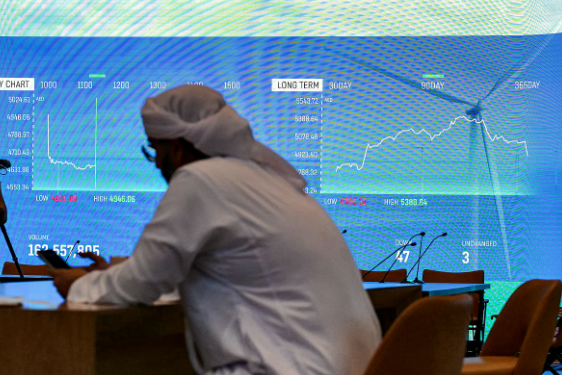Apple Inc. reported stronger-than-expected profits for its first fiscal quarter on Thursday, but the tech giant warned that ongoing U.S. tariffs and trade uncertainty could significantly impact its costs and global supply chain.
On an earnings call with analysts, Apple CEO Tim Cook said the company expects tariffs to add approximately $900 million in costs during the current quarter. While the impact was “limited” earlier in the year, Cook noted that the situation remains fluid and hard to predict.
“We are not able to precisely estimate the impact of tariffs, as we are uncertain of potential future actions prior to the end of the quarter,” Cook said. “Assuming current global tariff rates and no new tariffs are introduced, we estimate the impact to be $900 million.”
The warning comes as the U.S. and China remain locked in a tense trade standoff, imposing reciprocal tariffs on one another’s goods. While finished products like smartphones have so far been spared from the harshest U.S. tariffs, many of the components that go into Apple devices are not.
Independent tech analyst Rob Enderle noted that “the more components are crossing borders, the more cost flows through to the device,” calling the trade situation “an expensive mess.”
To mitigate future disruptions, Apple has increasingly diversified its supply chain. Cook said that a “majority of iPhones sold in the U.S. will have India as their country of origin,” reflecting a shift in production to avoid over-reliance on China. Additionally, he said almost all iPads, Macs, Apple Watches, and AirPods sold in the U.S. would soon originate from Vietnam.
Still, China will remain the main production hub for Apple products sold outside the U.S., Cook added, emphasizing the company’s long-term strategy to reduce geographic concentration in its supply chain.
Apple reported quarterly revenue of $95.4 billion, driven by strong iPhone sales, with a net profit of $24.8 billion. Sales in the Americas and Japan performed well, while revenue in China dipped 3 percent, despite government subsidies aimed at boosting demand.
Apple shares fell more than 3% in after-hours trading as investors weighed the company’s trade outlook.
“The real story is in Tim Cook’s plans to navigate these unprecedented trade challenges,” said Emarketer analyst Jacob Bourne. “Apple’s shift to India raises questions about execution, capacity, and whether rising costs will hit consumers or squeeze margins.”



